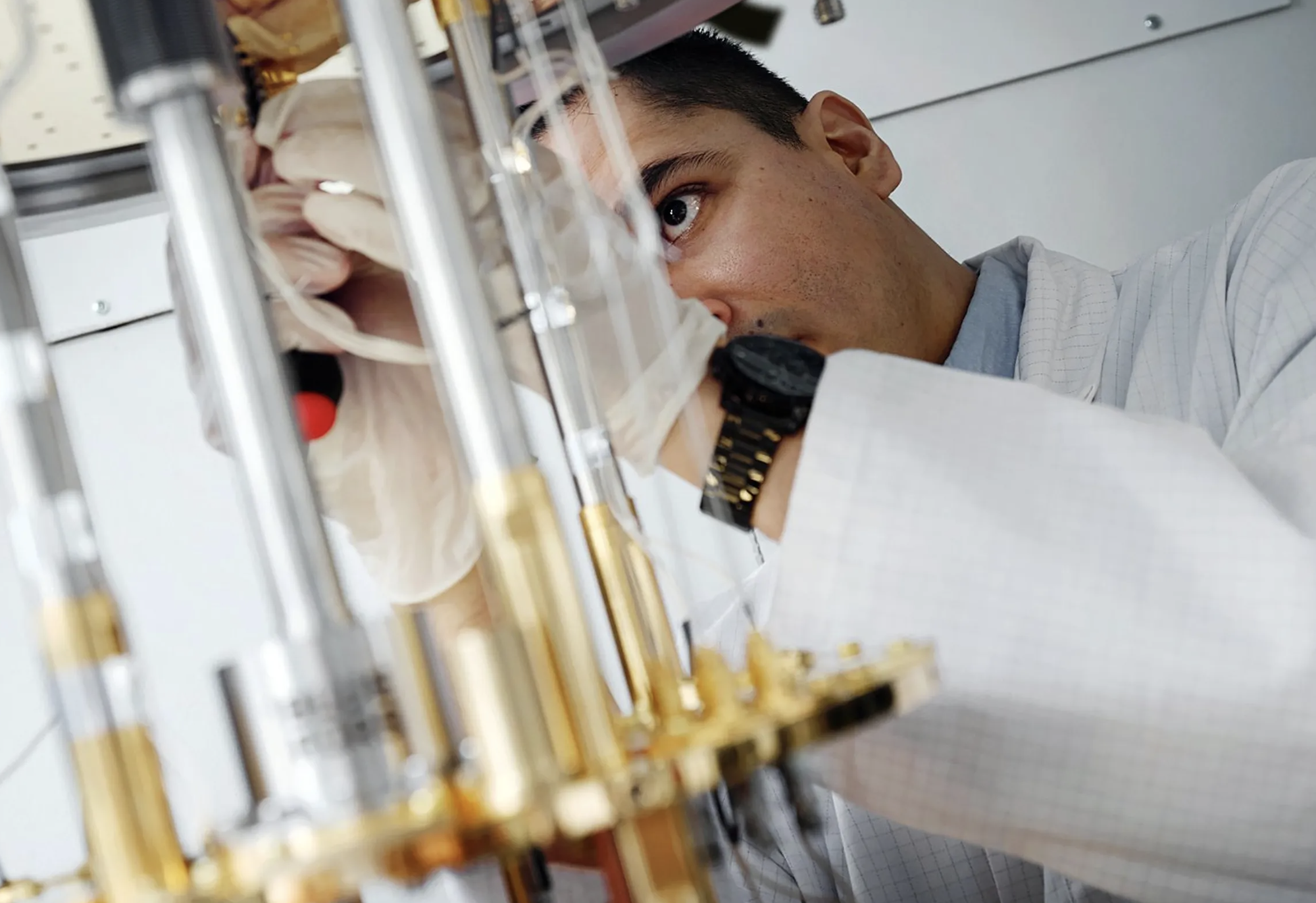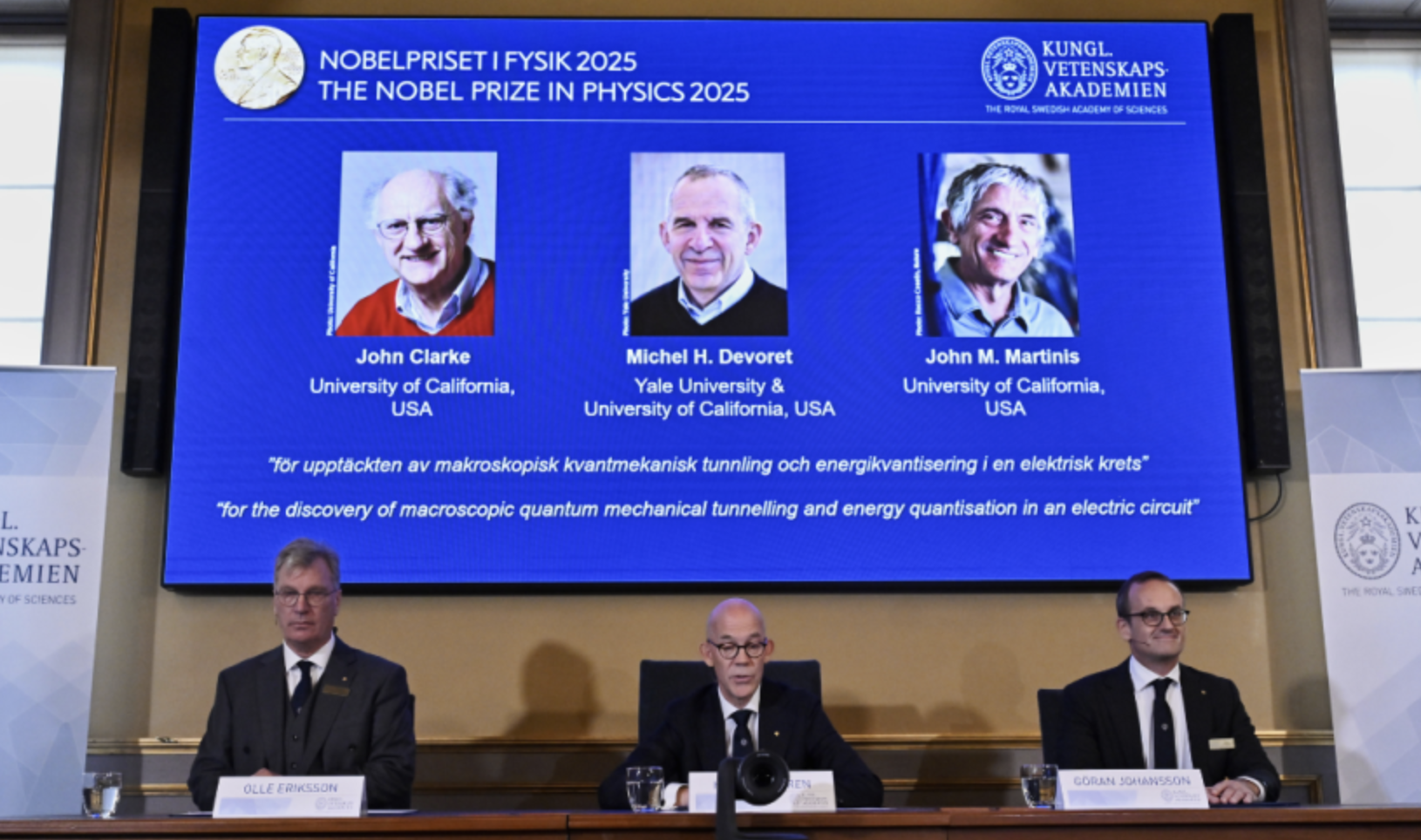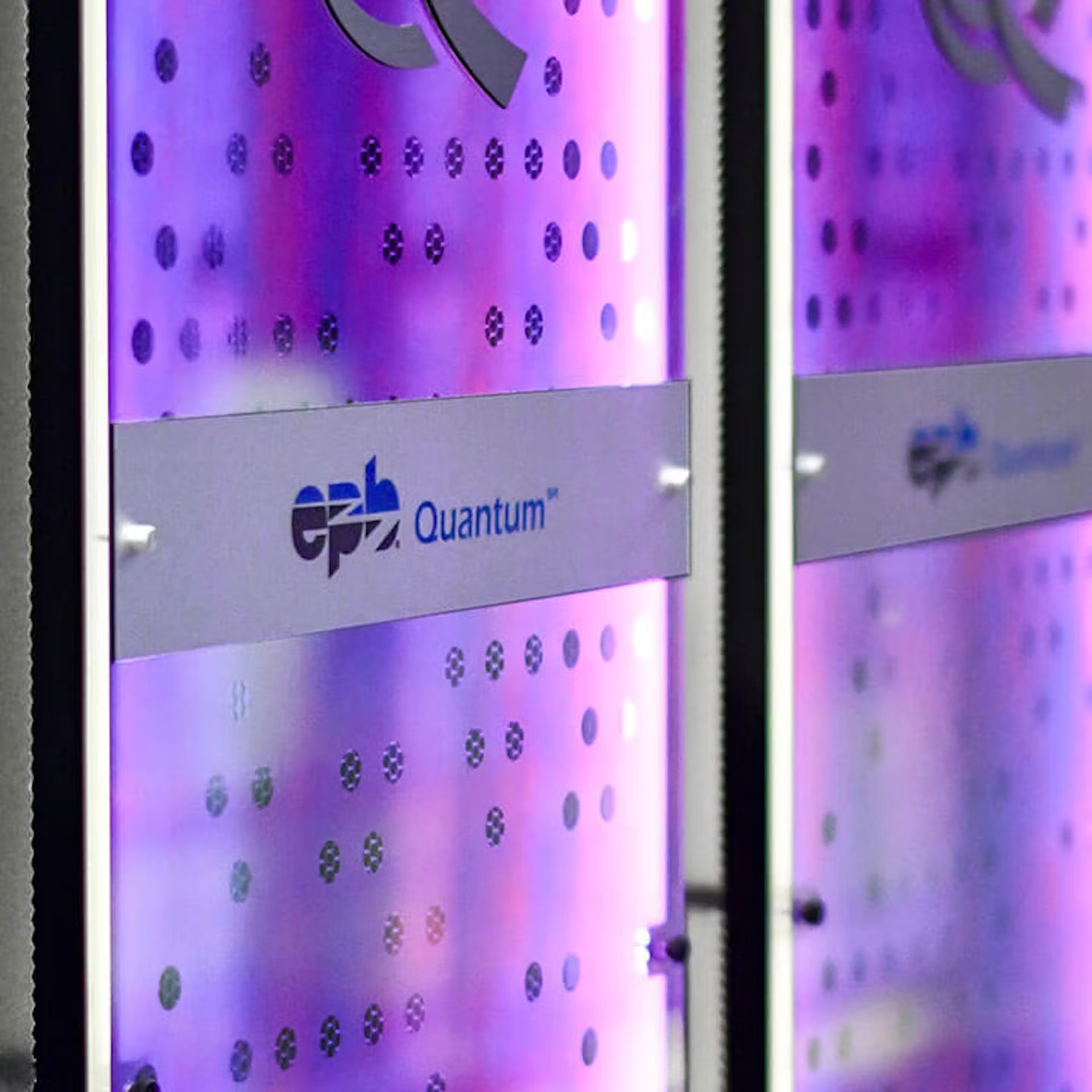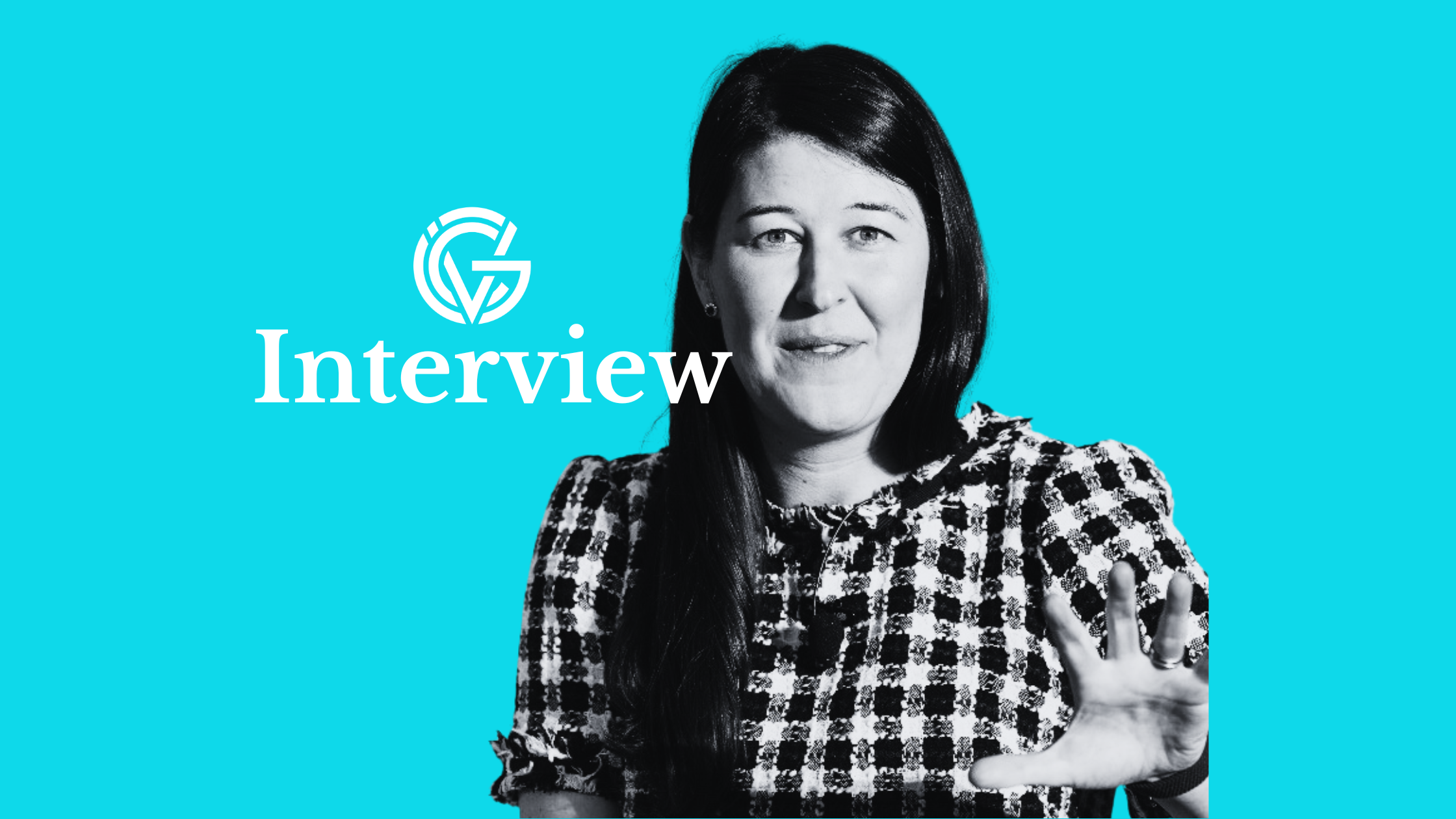
Over the past few months, the quantum landscape has seen major movement - from billion-dollar acquisitions to technical leaps in performance. These developments reflect growing confidence in quantum’s potential and its steady shift from the lab into the marketplace.
1. IonQ Acquires Oxford Ionics (~$1.08 B All‑Stock Deal)
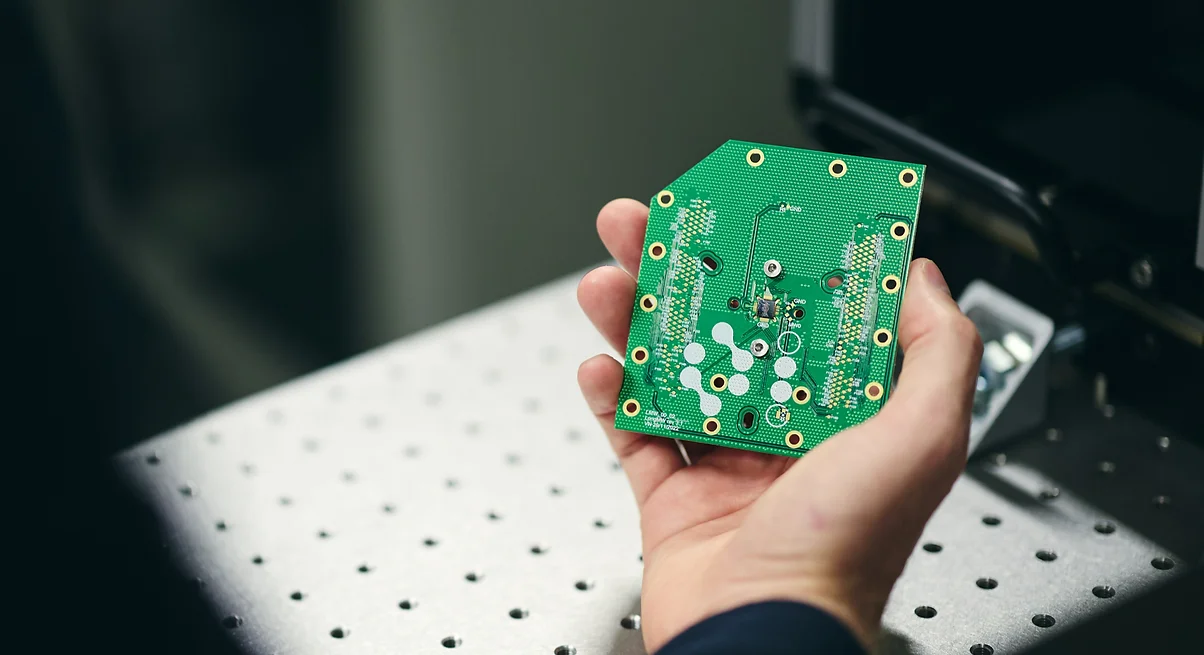
In June, IonQ—developer of the first U.S. quantum technology center in partnership with EPB—announced plans to acquire UK-based Oxford Ionics in a deal valued at over $1 billion.
Why it matters: Oxford Ionics uses standard chip manufacturing to integrate quantum processors—a key step toward scalability. It also achieved record-setting gate fidelity, a measure of how reliably quantum operations are performed.
IonQ aims to reach 2 million physical qubits and 80,000 logical qubits by 2030. Ambitious? Yes. But this move accelerates their path to a scalable, fault-tolerant quantum system.

2. Breakthrough in Quantum Communications
European researchers have successfully sent quantum-encrypted messages across 254 kilometers (about 158 miles) of standard telecom fiber—the same cables that already deliver internet service. Unlike earlier experiments, this didn’t require special cooling equipment or new infrastructure, making it far more practical. In plain terms: this is a proof point that quantum-secure communication could ride on top of today’s networks, opening a path toward a future “quantum internet.”

3. Advances in Software & Developer Tools
IBM updated its Qiskit toolkit, making it easier for non-physicists to simulate and correct quantum errors. Microsoft, SandboxAQ, and others are also advancing middleware that connects quantum systems to practical uses in cybersecurity, logistics, and chemistry.

Together, these moves show quantum’s shift from promise to practice:
- Companies are consolidating breakthroughs (IonQ + Oxford Ionics)
- Global infrastructure is expanding (IBM in Japan)
- System performance is improving (Heron chip, error correction)
- Tools are becoming more accessible (Qiskit, middleware)
We probably won’t all be getting quantum laptops next year - but early pilots in optimization, materials science, and cybersecurity are already taking shape.









